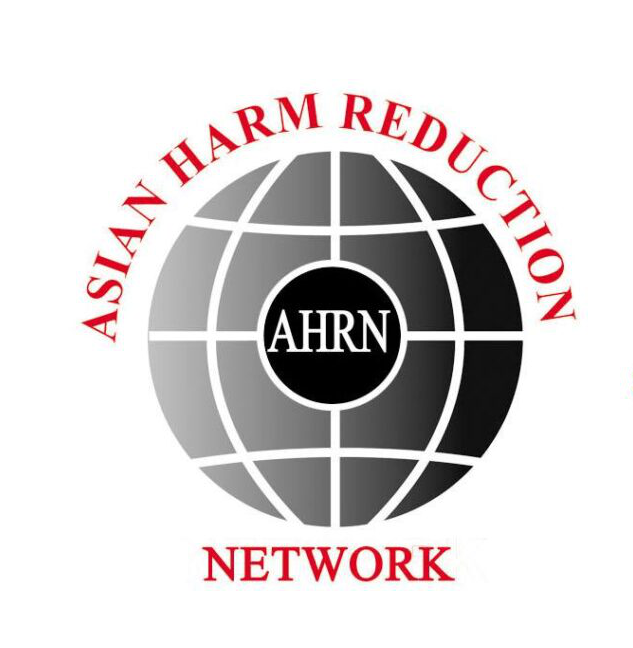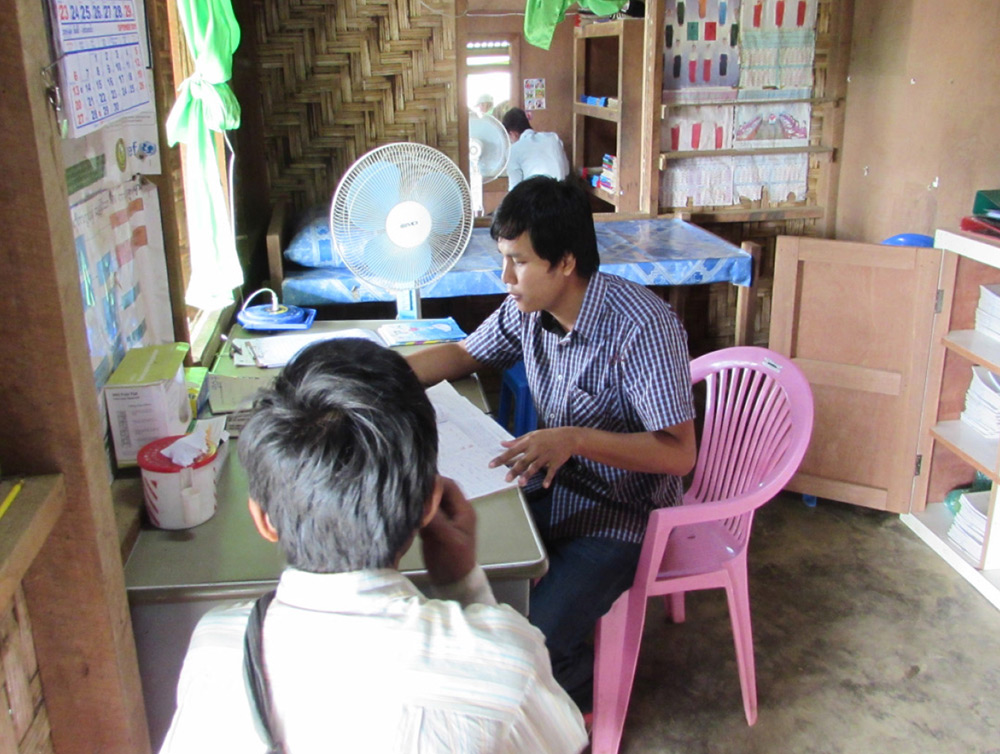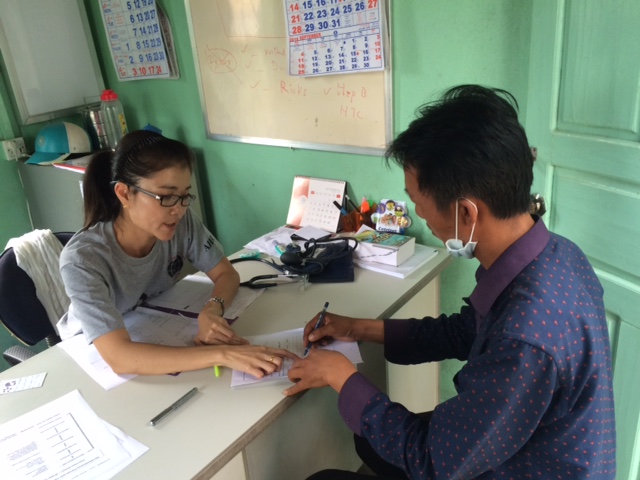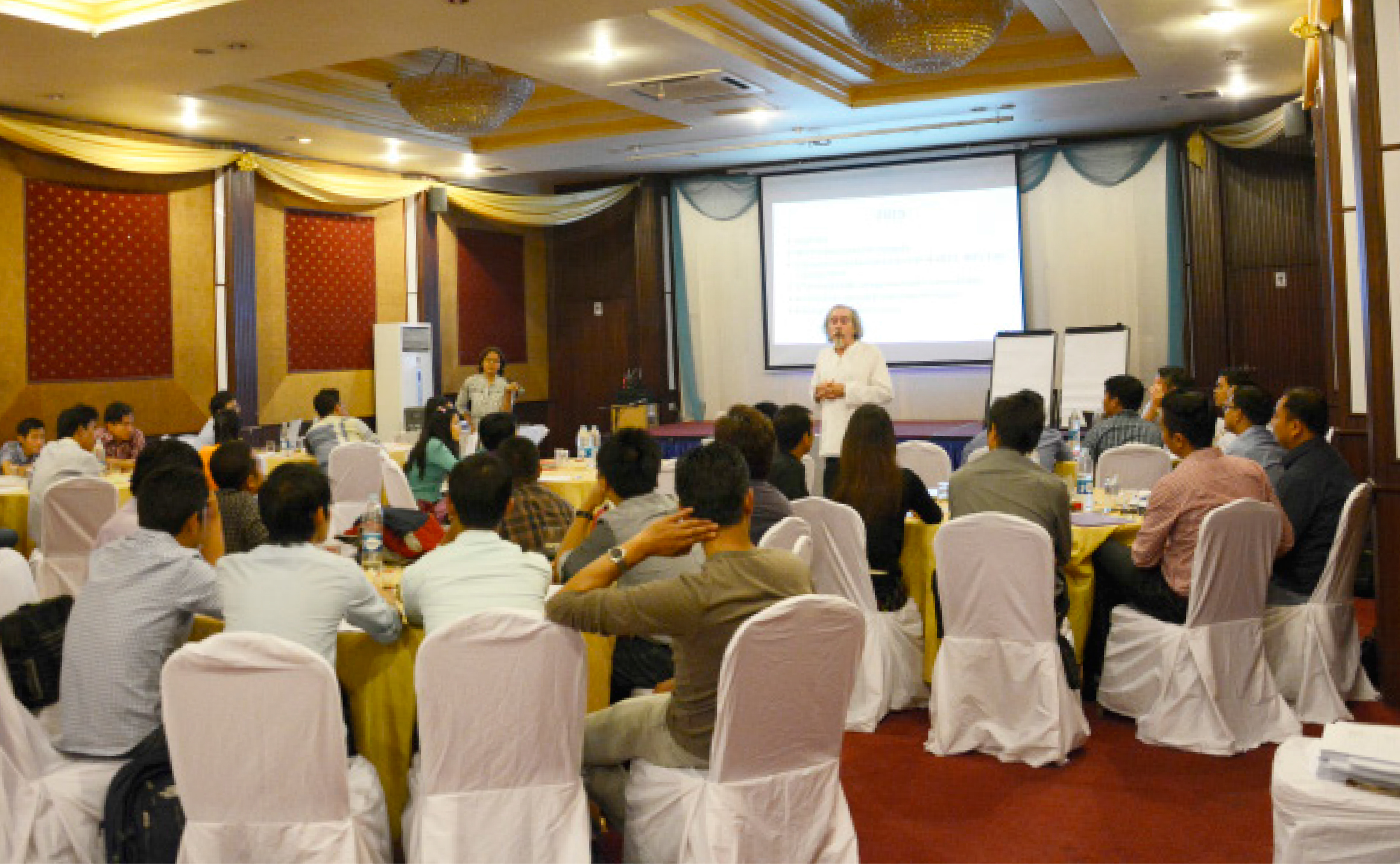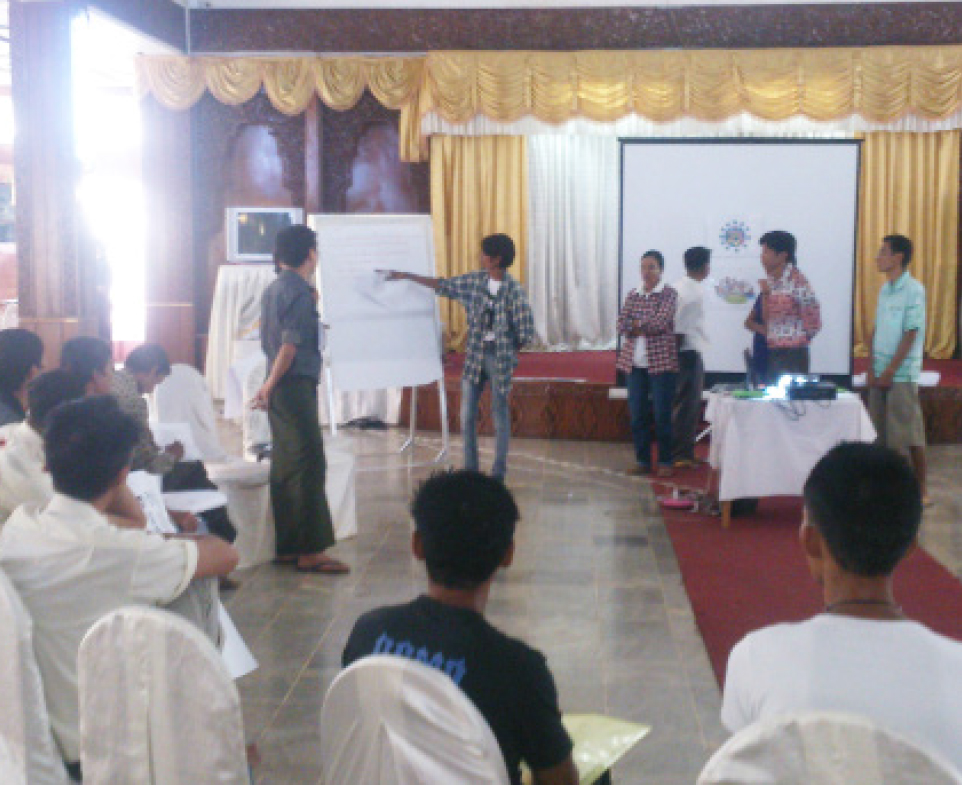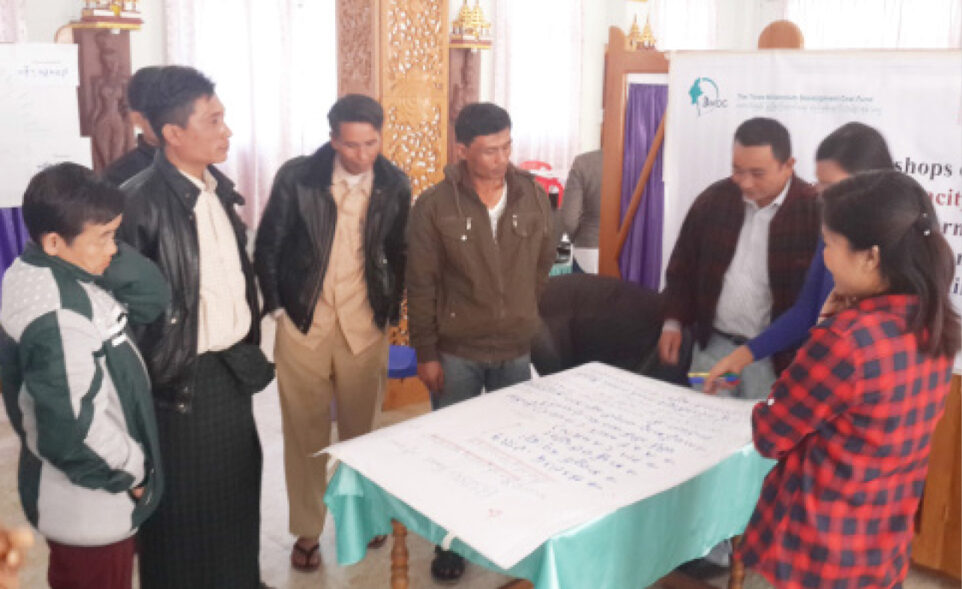- About AHRN
- What we do
- Our Beneficiaries
- Drop-in Centre
- Community Based Outreach Activities
- Overdose Management and Prevention
- Medical Intervention
- Counseling and Psycho-Social Support
- Advocacy
- Methadone Maintenance Therapy (MMT)
- 24 hour In-House Care Centre
- Active Case Finding (Mobile Tuberculosis Treatment)
- Hepatitis B Prevention
- Drop-in Centre (Female)
- ART Provision to PWID/PWUD on MMT
- AHRN Needle Syringe-Automatic Taking Machine (ATM)
- Peer Support Group : BSPSG
- Services for Women
- Edutainment
- Activities & News
- Vacancy Announcement
- Client’s Corner
- About AHRN
- What we do
- Our Beneficiaries
- Drop-in Centre
- Community Based Outreach Activities
- Overdose Management and Prevention
- Medical Intervention
- Counseling and Psycho-Social Support
- Advocacy
- Methadone Maintenance Therapy (MMT)
- 24 hour In-House Care Centre
- Active Case Finding (Mobile Tuberculosis Treatment)
- Hepatitis B Prevention
- Drop-in Centre (Female)
- ART Provision to PWID/PWUD on MMT
- AHRN Needle Syringe-Automatic Taking Machine (ATM)
- Peer Support Group : BSPSG
- Services for Women
- Edutainment
- Activities & News
- Vacancy Announcement
- Client’s Corner
- About AHRN
- What we do
- Our Beneficiaries
- Drop-in Centre
- Community Based Outreach Activities
- Overdose Management and Prevention
- Medical Intervention
- Counseling and Psycho-Social Support
- Advocacy
- Methadone Maintenance Therapy (MMT)
- 24 hour In-House Care Centre
- Active Case Finding (Mobile Tuberculosis Treatment)
- Hepatitis B Prevention
- Drop-in Centre (Female)
- ART Provision to PWID/PWUD on MMT
- AHRN Needle Syringe-Automatic Taking Machine (ATM)
- Peer Support Group : BSPSG
- Services for Women
- Edutainment
- Activities & News
- Vacancy Announcement
- Client’s Corner

